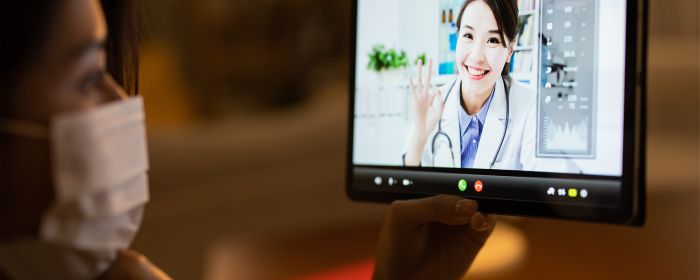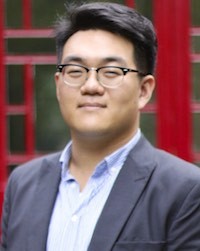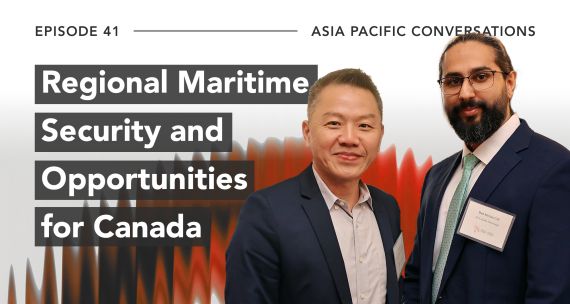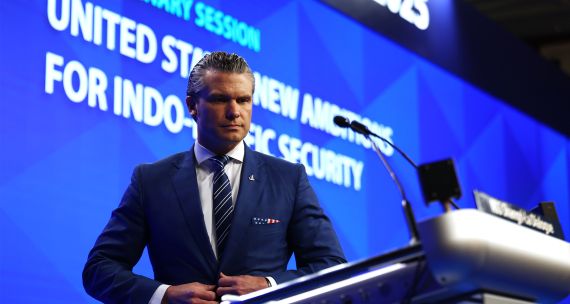Taiwan, with a population of 23.8 million, had reported a total of 540 COVID-19 cases and seven deaths as of October 19, an impressive feat considering that at the same time, Canada, with only a slightly larger population of 31 million, had more than 198,148 reported cases and 9,770 deaths.
The international community has been quick to highlight Taiwan’s open and democratic society when discussing its successful response to the COVID-19 crisis, demonstrating that liberal values need not be compromised to stem the spread of the pandemic. Indeed, Taiwan’s success in managing the crisis through public participation has won it worldwide praise. In early August, U.S. Health Secretary Alex Azar visited Taiwan, commenting that Taiwan has been “a model of transparency and co-operation in global health during the COVID-19 pandemic.”
More than six months after COVID-19 was declared a pandemic, Taiwan, in a strong position to address the challenges of a post-COVID world, finds itself with bolstered soft power on the international stage. Soft power refers to the ability to shape others' preferences through appeal and attraction, rather than through coercion with hard power such as military or economic means. Taipei now hopes to leverage its success in managing the pandemic to draw a spotlight to its complex and perilous strategic environment and to regain access to various multilateral bodies such as the World Health Assembly (WHA) and trade-related partnerships such as the Comprehensive and Progressive Agreement for Trans-Pacific Partnership (CPTPP).
Pavilion as a one-stop, soft power tool
Taiwan’s successful response to the pandemic has allowed Taipei to strengthen its engagement with the international community – from sharing best practices on public health to enhanced economic and commercial linkages. In June, the Taiwan External Trade Development Council (TAITRA) launched the Taiwan Global Anti-COVID-19 Pavilion, which stands as an example of Taipei’s renewed efforts to establish a seat for itself at the table of international affairs.
The Pavilion is a one-stop web portal linking Taiwan’s COVID-19 response team with the international community. It allows global citizens, medical professionals, policy-makers, and businesses to consult with Taiwan’s relevant experts on COVID-19 treatment, best practices in public health and pandemic response, and industry to access Taiwan’s personal protective equipment (PPE).
Since its launch, the Pavilion has facilitated 21 video conferences between experts at Taiwan’s leading hospitals, including the National Taiwan University Hospital, and their counterparts in Bangladesh, India, Thailand, Vietnam, the United Arab Emirates, and several countries in South America and Africa.
The Pavilion also helps visitors connect directly with more than 1,900 Taiwanese medical suppliers to facilitate PPE purchase and source machinery for face mask production. Between June and August, more than 7,000 buyers purchased PPE through the Pavilion, which facilitated online product launches and trade meetings where buyers could connect directly with suppliers. To date, buyers from 25 countries have been able to connect directly with Taiwanese suppliers of PPE.
In addition to serving as a one-stop-shop connecting Taiwan’s public health and equipment suppliers, the Pavilion carries editorials from Taiwan’s public health experts and online seminars, highlighting its role as a knowledge-sharing platform and as a resource for a broad spectrum of outside stakeholders.
On the surface, the Pavilion serves the commercial role of connecting Taiwan’s industry with the rest of the world. But more importantly, it is emblematic of Taipei's efforts to leverage its successful crisis management to strengthen existing ties and establish new ones by sharing its know-how and resources, increasing Taiwan’s presence globally and enhancing its ‘appeal and attraction’ – that is, its soft power.
Conclusion
Due to current geopolitical realities, including Taiwan’s strained relationship with China, the island’s ability to participate in multilateral organizations has been limited. Nevertheless, Taipei’s remarkable success in tackling the COVID-19 pandemic offers Taiwan an opportunity to increase its status on the world stage and prove that, as President Tsai Ing-wen stated in her 2016 inauguration speech, Taiwan is an indispensable partner for the international community.
The Pavilion reflects Taipei’s determination to further carve out its space on the international stage by leveraging its successful response to the crisis as a liberal, open society. For Canada, Taiwan’s open and transparent approach to the pandemic resonates with Canadian values. The Pavilion showcases numerous areas where Canada and Taiwan, building upon these shared values, could collaborate more closely on future pandemic responses. The global disruption caused by the pandemic has created an occasion for countries worldwide to re-think their existing relationships and approaches. For Canada, the crisis highlights the importance of strengthening ties with Taiwan, perhaps starting with the Taiwan Global Anti-COVID-19 Pavilion.





